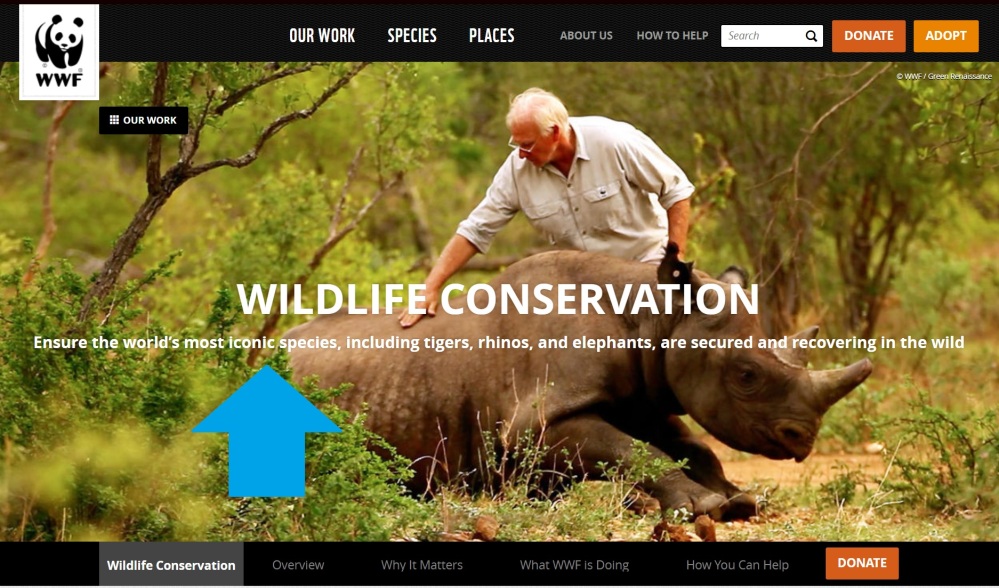As a multispecies ethnographer and evolutionary anthropologist, I am interested in the ways in which ecological interaction between various taxa affects their selection pressures and evolutionary trajectories. I spend much of my time thinking about niche construction–the ways in which organisms modify their own and others’ evolutionary niches (Laland et al. 2016)–and how we as humans fit in to other organisms’ niches.
Niche construction includes things like seed dispersal by birds and primates, beavers building dams which alter riverine environments, and azola changing the ratios of carbon dioxide and oxygen in the atmosphere. These examples result in effects outside of the organisms and have broader consequences on species ecological milieus, thus shaping the world in which organisms operate and evolve.
Lewontin, Rose, and Kamin (1984) propose four ways in which organisms are the cause of their environmental milieu: 1) they construct their environments out of the bits and pieces of the world, 2) they transform their environments, 3) they transduce environmental inputs, and 4) alter the statistical patterns of their environments (see my book review for more detail).
Matthews et al. (2014) proposes three criteria for niche construction: 1) organisms must significantly modify their environmental conditions, 2) these modifications must affect selection pressures, and 3) these modified selection pressures must result in some evolutionary response from the organism.
Storytime: I was on a plane, flying back to Charlotte from San Antonio last week, reading about ecotourism in Madagascar, and this thought came to mind¹: could it be that species we find charismatic are constructing a new kind of ecological niche?
A cursory glance at the World Wildlife Foundation’s website yields photographs of gorillas, elephants, sea turtles, and rhinoceroses, stating “Ensure the world’s most iconic species… are secured and recovering in the wild.”

Why some taxa over other’s and what are the consequences? Ducarme et al. (2012) argues that “‘charismatic species’ seems to designate basically large mammals and vertebrates with some attractive traits for the human population considered, such as intelligence, beauty, valor, singularity or a strong symbolic, but there is no sufficient consensus definition for such a widely used term (‘charismatic’).”
Charismatic species garner more funding, instill more emotional response, and attract more ecotourism; people seem to care more. The consequence is that humans strive to conserve these charismatic species’ environments, improve their reproductive success, and pass laws protecting them from poaching.
I see this this as a form of niche construction. By the nature of the organism: cute and cuddly, big and awesome, beautiful, intelligent, interesting, etc. they are modifying their selection pressures and improving their reproductive success. This isn’t to say that the same charisma doesn’t come with its own downfalls (charismatic species are often the victims of trophy hunters and use in traditional medicines) but humans are increasingly investing money and time into improving the plight of these species. Between 1992 and 2003, $14.4 billion was spent on conservation.
We spend more than $600 billion per year on ecotourism and much of that is for the purpose of seeing increasingly threatened but charismatic species: elephants, lemurs, howler monkeys, orangutans, baobab trees, giant sequoias, and many others. These organisms, by their own evolutionary histories and particular way of being in the world are co-opting humans into their evolutionary stories, using us for their own benefit. This goes to show the interesting ways in which life is inextricably intertwined.
While this is my first musing on the subject, I plan on evaluating the effects of this unique kind of niche construction by these charismatic organisms.
- I plan on doing more substantial work with this in the immediate future but want to get my ideas out for my own gratification (and I will inevitable forget unless I write about it now).